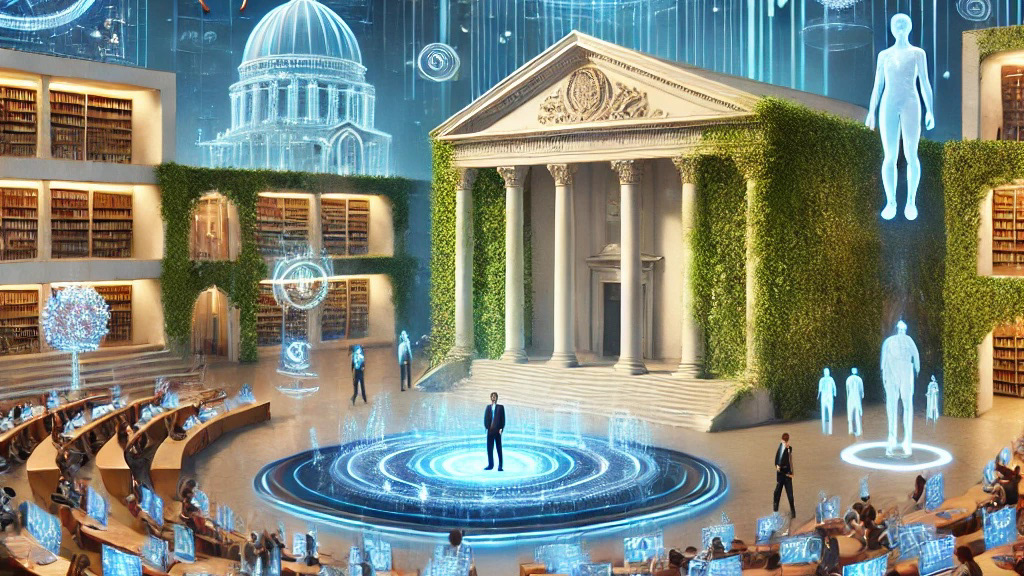Gods must be crazy, or so we think. After all, they created the government. Well, technically people created the government but they justified it as “under god”. This justification beautifies the dollar bill and a story of Joann of Arc. It shows up on the American Pledge of Allegiance that kids repeat every school day for 12 years and have no idea what it means.
The American constitution promised freedom of religion but freedom “from” religion is frowned upon. But isn’t atheism a form of belief? And what about other religions? We claim we are open to other religious views but we label Muslims as terrorists and think Satanists are terrible people. We believe in heaven in hell and believe that bad people go to the underworld where they will be punished for their bad deeds, yet we believe that the punisher in chief is a terrible being (or not-so-being, depending on your view). Yes, punishment is good. It’s the will of God to send some people to a route alternative to the Garden of Eden, but the person doing this punishment is nonetheless labeled as a creature that need to be hated.
Of course we started with the wrong premise here too. We assumed that people are logical beings and their hatred of the unknown is justified in wisdom based on facts. If a large mass of people believes that something is true, then it must be. That’s probably why we have over one billion Christians and one billion Muslims. The two groups have lots in common but disagreements are plenty. If both believe that your path to heaven lies in following their religion, then at least one billion people will go to hell. But wait, one billion people can’t be wrong, right?
We are overcomplicating things of course. No matter the issue, there will be millions of people who will disagree. Facts don’t matter. If aunt Susan said that vaccines cause your kidney to turn into a liquid, then it must be true. Why? Because your favorite aunt said so. And of course she heard it from her friend’s grandmother who read it in the paper. Therefore it must be true.
So if we have millions of people who believe in government conspiracy to implant human-tracking chips in vaccines and another million who are scared of black cats crossing the street with an empty bucket, how can we criticize them for believing in something more complex that they don’t understand?
The complexity of the world goes far beyond what anyone can imagine. There are two traditional schools of thoughts. One believes in a higher power that created the universe and all of earth’s creatures and the other one claims we are a product of evolution that came about after the Big Bang. But the real truth of the matter is much simpler than that: We don’t have a clue. The universe is so huge that we have no technology or complex enough thinking to understand it. Bing Bang is a theory, and theories are guesses, not facts. The theory was born out of a set of observations. But we still have no clue. And if Big Bang is a real thing, then what was in the universe before the Big Bang? Or outside of the little dot that exploded? How did this dot get created? What happened to everything else around the Big Bang? Is it still there? We have no clue. Was the universe created by higher power? I already gave you the answer – we have no clue.
But let’s go back to basics. People believe in God. If you ask 100 people to define God, you will get 100 answers, ranging from an old man sitting on the cloud to just some sort of a higher power. Their answer won’t depend on their religion. Even if you walk into a small community church with many people going there for decades and you ask them to define God, you will hear different answers. So if we can’t agree to a definition, then what do we believe in? How can we logically say that an unknown thing we can’t define made some random woman pregnant without touching her and produced the son of the unknown. And then we find it logical to say that this guy had to suffer in order to save people from the unknown we don’t understand. Of course this story has its basis in the fact that God has logic and his logic makes sense. But logic is a product of the human brain. If God is not human and we already said we have no idea what God is, how can we assume that he is logical, or that his logic will follow that of humans?
But let’s zero in on this story for a second. Virgin Mary lived with her husband Joseph and produced a kid from God. How in the world was she a virgin if she was married to Joseph? If you take a population of all the married couples in the world, how many of them do you think are virgins? I don’t have the exact number but I would venture to guess that it’s close to zero. Now place yourself in the shoes of Joseph. Your spouse, with whom you’ve never had sex, comes home one day and claims she is pregnant. What’s the first thought in your head? Hmm… Let me guess: Let me do a DNA test to see if it’s from God… Umm. No. I am sure you will smack her out of the house and send her back to the whore house she came from. And if she tells you a story that she got pregnant from the higher power, you will either smack her again or… well, maybe just not let her ever come back. And if you happily jump with joy and say how happy you are that she cheated on you with God, the whole town will think you are a moron for believing in fairy tales, and I don’t mean the tale of God.
So, assuming the story of Jesus is true, or somewhat true, there is a likelihood that Mary cheated on her moron husband and then convinced her son to go around telling everyone his story so she can hide her sins.
People! With today’s technology and modern communications, information and facts are highly available. But if you are armed with this information and you can’t decide on whether or not a vaccine works, what constitutes a good president and whether we should address global warming, how can you be so sure that the 2000-year old story is true, especially if communications at that time were sub-par? And what about older stories, like that of the creation of the universe?
If you ever visit a scientific conference (a subject of biology is a great example), you will see a lot of clueless people walking around. Scientists is an interesting group, as they base their findings and decisions on facts, not beliefs. Biologists agree that humanity only knows 1% of what there is to know about biology and it will take decades, if not more, to move science forward enough for us to start really understanding it. These scientific conferences are filled with people who want to present their studies and findings, hoping that each one can someday yield a scientific breakthrough. Only a handful of scientists will produce such a breakthrough in their lifetime, with most scientists spending their lives trying with no results.
Now let’s draw a parallel to religion. God was never studied as a science. There have been zero factual findings or scientific breakthroughs justifying any story of God. Yet, billions of people blindly believe these stories, while millions dismiss fact-based scientific breakthroughs as government conspiracies.
This planet is far away from finding the truth.









